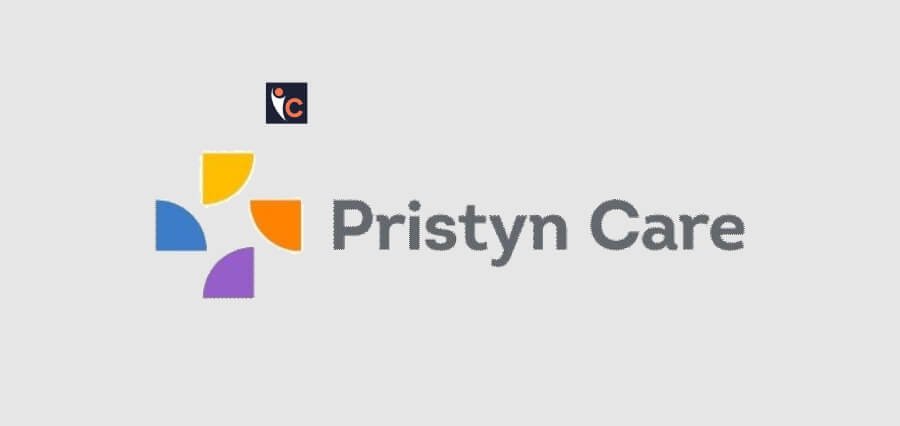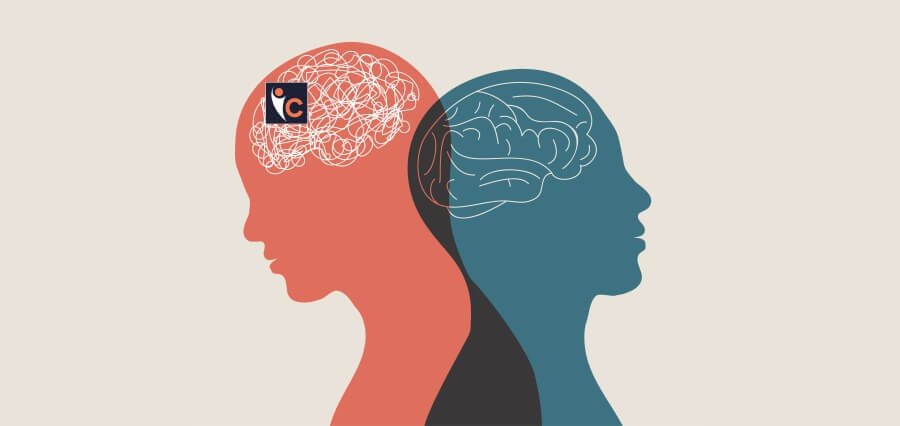Hypertension, or high blood pressure, is a silent condition that can start affecting various aspects of your well-being, even before you realize it. Often, hypertension doesn’t cause any noticeable symptoms, making it difficult to identify the disease without monitoring blood pressure regularly. World Hypertension Day, observed every year on May 17, aims to raise awareness about this condition. Uncontrolled blood pressure levels can lead to life-threatening complications such as heart disease, heart failure, aneurysms, dementia, and even death.
Blood pressure is the force exerted by the blood against the artery walls. Hypertension is defined as a blood pressure reading of above 140/90, and it is considered severe if the pressure is above 180/120. Since hypertension can be challenging to detect without regular monitoring, it is advisable for people over 40 to check their blood pressure once a year, and those aged 18-39 should get it checked once every 3-5 years.
Hypertension is a chronic medical condition that develops over several years and is prevalent worldwide, affecting around 1.28 billion adults aged 30–79 years. In India, one out of every four people is impacted by hypertension. According to the World Health Organization (WHO), “only 12% of people with hypertension in India have their blood pressure under control, and an estimated 46% of adults with hypertension worldwide are unaware that they have the condition.”
The theme for World Hypertension Day 2024 is ‘Measure Your Blood Pressure Accurately, Control It, Live Longer,’ aiming to increase awareness about the gravity of this condition. High blood pressure is linked to more than half of deaths from heart disease and stroke. Hypertension can be easily detected and treated, and its control is paramount to reducing the burden of cardiovascular diseases (CVDs).
Although hypertension may not present any early signs or symptoms, it can lead to complications such as headaches, blurry vision, and other health issues if left uncontrolled. Regular blood pressure monitoring and taking appropriate measures to manage hypertension are crucial for maintaining overall well-being and preventing life-threatening complications.
Read More: Click Here





